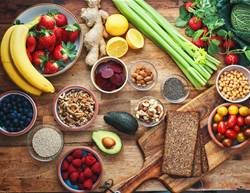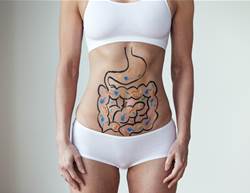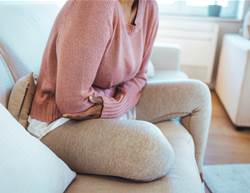It turns out your diet might not be the only thing turning your tummy. Discover our five surprising reasons your feeling bloated or uncomfortable and the easy ways to fix them.
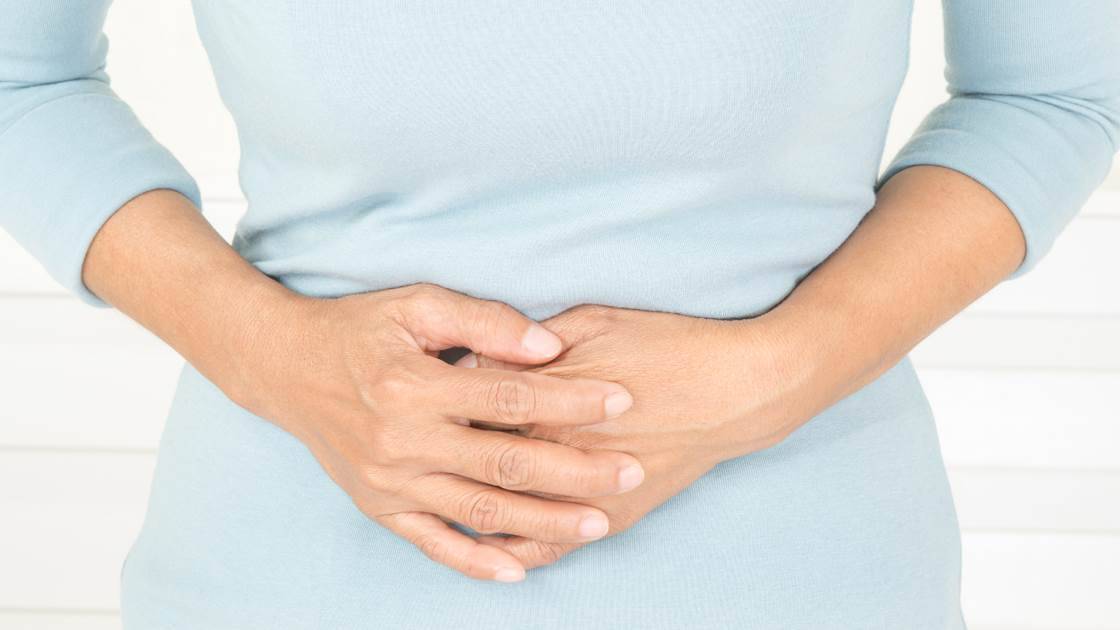
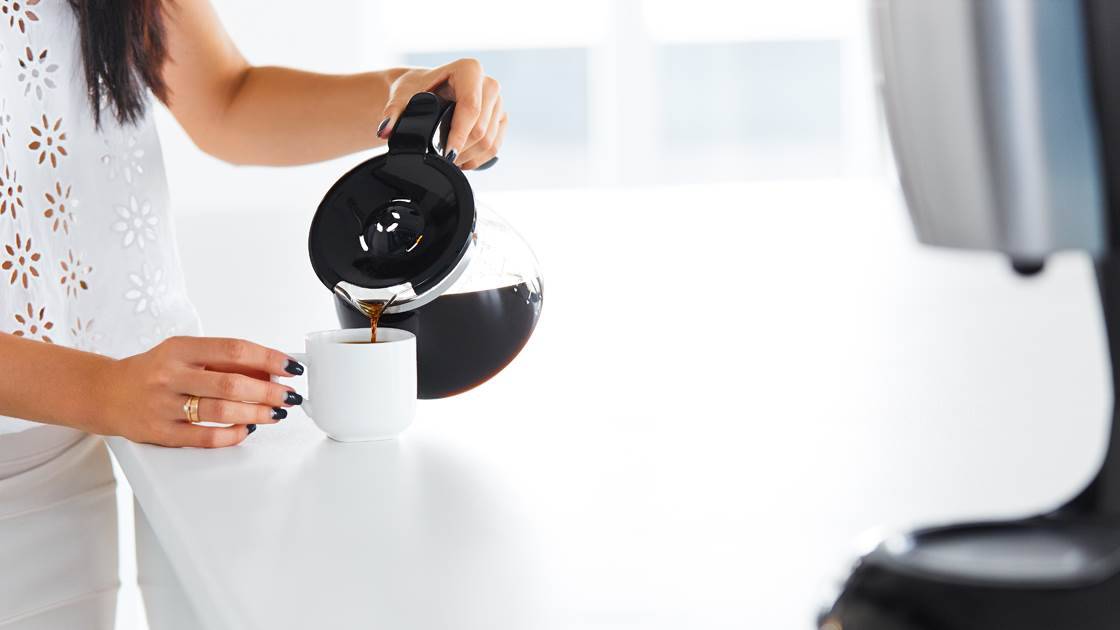

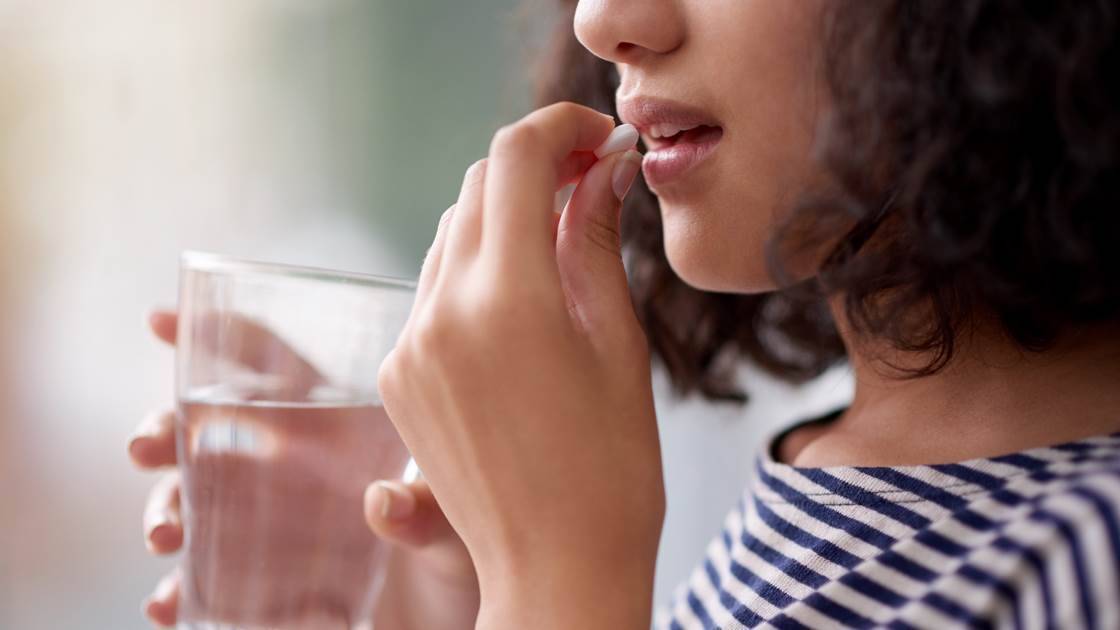

Your mind
Know how your stomach can act up when you’re nervous? “Like a direct internet connection from your head to your gut, the vagus nerve runs from the brain to the abdomen,” says gastroenterologist Dr Shanti Eswaran. “So if something is going on in your head, that nerve is affected,” causing diarrhoea (when liquid fills your intestine) or constipation, generally defined as ‘going’ fewer than three times a week. You may also feel more abdominal pain.
The fix Do what you know lowers stress, like meditation or exercise. If emotions are a big cause of the problem, cognitive behavioural therapy or antidepressants can help.
Morning coffee
If you start the morning with a cup or more, the stimulant acts in two ways – and quickly. It speeds up the gastrointestinal tract overall, Dr Eswaran says. But it also causes rectal hypersensitivity, leading to contractions and then to your hasty search for a bathroom.
The fix Time your coffee right, and be aware that, for some people, any very hot or very cold beverage can cause the contractions, she says.
Travel
Racing to get to the gate, new-to-you foods, not taking in enough liquids, a change in routine and the sedentary nature of travel slow down your gastrointestinal tract. The result can be constipation.
The fix Move as much as possible, drink lots of water and go easy on alcohol, which can be dehydrating. To ease symptoms, take 200 to 400mg of magnesium citrate a day, says Dr Vincent Pedre, author of Happy Gut. Magnesium citrate attracts water to the colon, keeping things moving.
Antibiotics
Medicine you take to fend off an infection can sometimes leave your gut depleted of the ‘good’ bacteria it once had, rendering you susceptible to ‘bad’ bacteria creeping in, Dr Chris South says.
This can lead to diarrhoea. The fix Eat prebiotic (high-fibre) foods, which the healthy bacteria in your gut feed on. This can help them flourish. Dr South recommends upping the fibre in your diet rather than popping a probiotic supplement.
Your cycle
If you tend to get diarrhoea when you have your period, it’s no coincidence. Prostaglandin hormones can trigger muscular activity in your intestines, says gynaecologist Dr Mary Jane Minkin.
The fix If it’s a big problem, ask your doctor about taking birth control pills, which prevent ovulation. You can also try ibuprofen, which blocks the production of more prostaglandins, Dr Minkin says.






